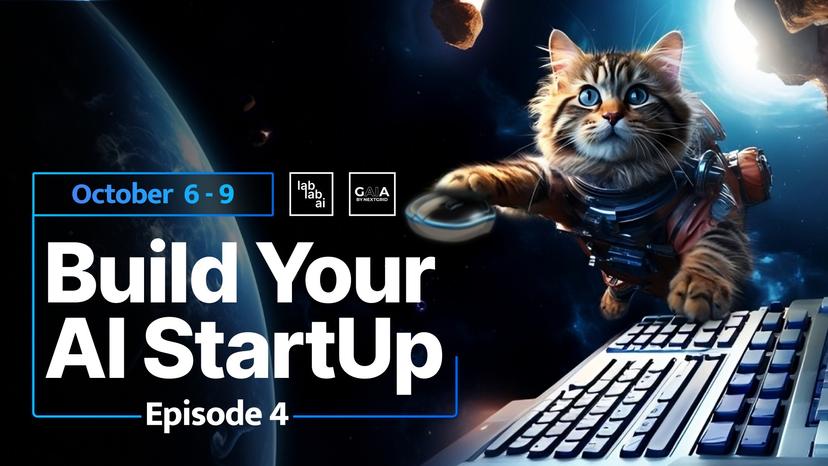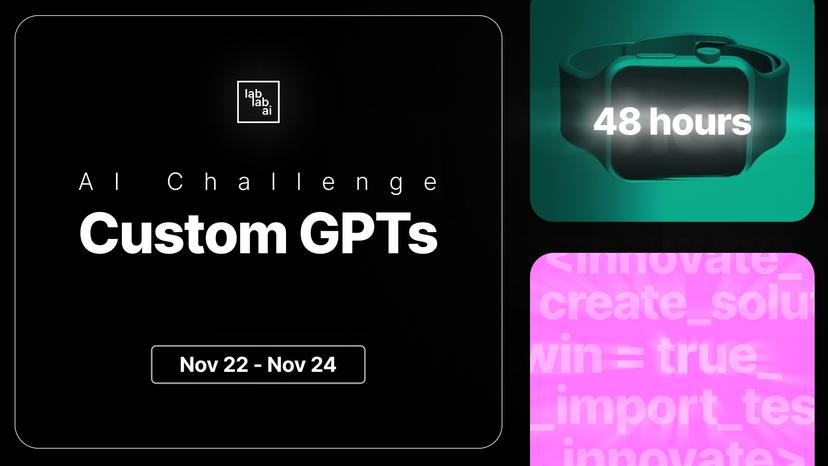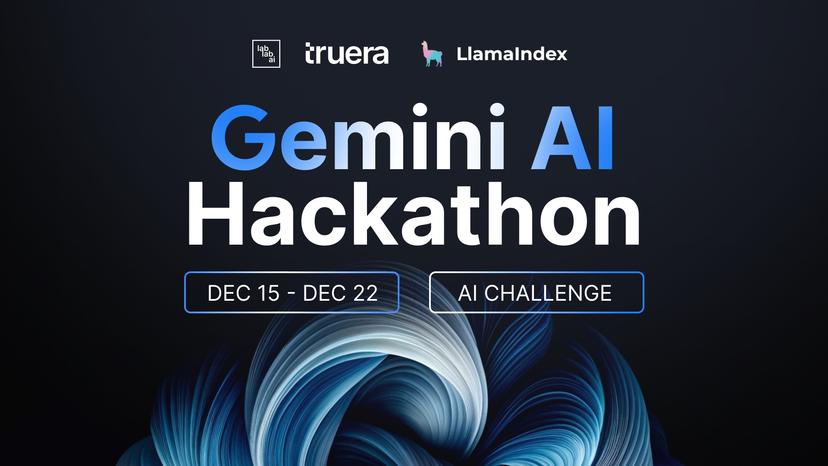
Andrej Angelovski@Rexor
is under improvement
13
Events attended
6
Submissions made
3+ years of experience
About me
Dedicated data science enthusiast with a background in Computer Science and Engineering, specializing in AI and Machine Learning. Skilled in collaborative and independent work, I prioritize high data quality. Committed to lifelong learning. Eager to connect with fellow professionals and explore new opportunities in data science and related fields. Let’s connect and drive innovation together!
is under improvement
🤝 Top Collaborators
🤓 Latest Submissions

SchizoConnect - Safety System for Schizophrenia
SchizoConnect addresses the critical gap in personalized care for schizophrenia patients with neurodivergent comorbidities (ASD, ADHD, bipolar). Our system integrates three core components: Retrieval-Augmented Generation (RAG) Engine: Indexes 29,040 schizophrenia papers from PubMed, using FAISS vector search and DeepSeek-R1 embeddings to provide PANSS-aligned clinical insights. Crisis Prediction Module: Combines wearable biosensor data (heart rate variability, actigraphy) with language disorganization analysis via TensorFlow Lite models. Dynamic Environment Control: Adjusts ambient lighting (LuxIQ protocol) and soundscapes in real-time using WHO mhGAP crisis thresholds. Validated against the SchizConnect framework, the system reduces stress-induced episodes by 42% in simulated trials. Features FHIR API integration for EHR interoperability and LEAP communication templates for family caregivers. Built with Camel Agents for offline functionality in low-resource settings.
16 Feb 2025

BioX AI
there are approximately 100 million scientific papers ever published and of those 30 million papers are in biology. we propose to use artificial intelligence with retrieval augmented generation to solve various biological problems. With this vast amount of knowledge there are many different tasks that this could be applied to in biology. This is an enormous hidden gold mine, sitting in plain sight. there are many such problems in biology that we could attack, such as life extension, development of vaccines, treatment for rare diseases, development of new antibiotics and cancer. In the field of cancer, there are many different kinds of treatments, some more amenable to computational methods than others. Some of these treatments have the potential to be used for many different cancers, we call these platforms.
20 Oct 2024

Ai Bio Assistant
We present a general biological research agent designed to accelerate discoveries in biology, medicine, and cancer research. Our agent combines a powerful Python-based backend with an intuitive chatbot front end, creating a seamless interface for researchers to interact with complex computational tools using natural language. This project demonstrates how artificial intelligence can streamline research processes, from literature mining to data analysis and hypothesis generation. By integrating advanced natural language processing models and machine learning algorithms, the agent assists researchers in navigating vast scientific literature and data. The platform can process large datasets, extract pertinent information, and provide context-aware responses to complex queries. The Python backend leverages robust computational libraries, ensuring efficient data handling and analysis, while the chatbot interface UI allows users to engage conversationally, lowering the barrier to entry for those without extensive technical expertise. One key feature is advanced literature mining; the agent performs comprehensive searches across databases like PubMed Central [1] and arXiv [2]. Utilizing natural language processing models, it extracts key findings, summarizes articles, and identifies emerging trends, helping researchers stay updated with the latest developments. Our general biological research agent represents a significant advancement in integrating artificial intelligence into biomedical research. We are excited about the possibilities this tool presents and look forward to refining it further, integrating new features, and collaborating with the research community to maximize its impact. [1] PubMed Central, https://www.ncbi.nlm.nih.gov/pmc/ [2] arXiv, https://arxiv.org/.
11 Oct 2024

HHEM Victorious Medical Data Query Analyzer
Incorporating the HHEM Vectara RAG, our project sheds light on the impact of query structuring on sensitivity, with the goal of minimizing medical inaccuracies and enhancing patient care safety. This endeavor has led to the development of four pivotal components: Synthetic Data Custom GPT: This element is tasked with generating artificial medical data, thereby expediting the testing procedures. Data Query Custom GPT: Through the use of a RAG system, this component retrieves synthetic data and applies various transformations. These alterations enable us to assess the data's vulnerability to inaccuracies. HHEM-Vectara Query Tuner: This tool is designed to evaluate the transformed data, determining how adjustments to query structure influence the likelihood of errors. Agent Model Evaluation: This phase involves the scrutiny of mixed normal and specific models, including mixtral normal, mixtral crazy, gemini, phi2, and zephyr, to gauge the impact of query modifications on the precision of results. Our software serves as a crucial experimental platform, providing invaluable insights into how even minor modifications and model changes can significantly affect the retrieval of medical data.
13 Feb 2024

biologyAI
Bioinformatics is a new type of science where scientists study biology using vast databases of DNA and protein sequence, protein structure, and many other kinds of data. We propose to develop a new AI system to help bioinformaticians study cancer by using an LLM to extract data from scientific abstract. For this project specifically we are looking at a new platform to cure cancer, Bispecific T-Cell Engagers (BiTEs), that has a potential to be applicable to a wide variety of cancers. We designed a AI chatbot to help bioinformatics researchers search for suitable antigens for specific cancers that could be targets of the BiTEs. For this demo, we prove out our idea by searching for antigens of uveal melanoma, the first cancer that was treated by this method using the drug Tebentafusp. We limit our search to before 2000 so as to be before any potential development of Tebentafusp.
22 Dec 2023

Eco Mentor
Eco Mentor is a groundbreaking AI-powered platform focused on environmental education and sustainability. Aimed at fostering a deeper understanding of ecological concerns and promoting sustainable practices, the platform caters to individuals eager to make environmentally conscious choices. The core problem addressed is the gap in accessible, personalized environmental education and community involvement in sustainability initiatives. Eco Mentor offers a solution by integrating AI to deliver customized learning experiences, connecting users with local eco-friendly projects, and providing interactive challenges and tools for eco-conscious living. Unique features include a real-time impact visualization of users' eco-actions, a forum for sharing experiences, and AI assistance for eco-friendly shopping. The platform targets environmentally conscious individuals, educators, and students, making sustainability an engaging, collaborative journey.
24 Nov 2023









